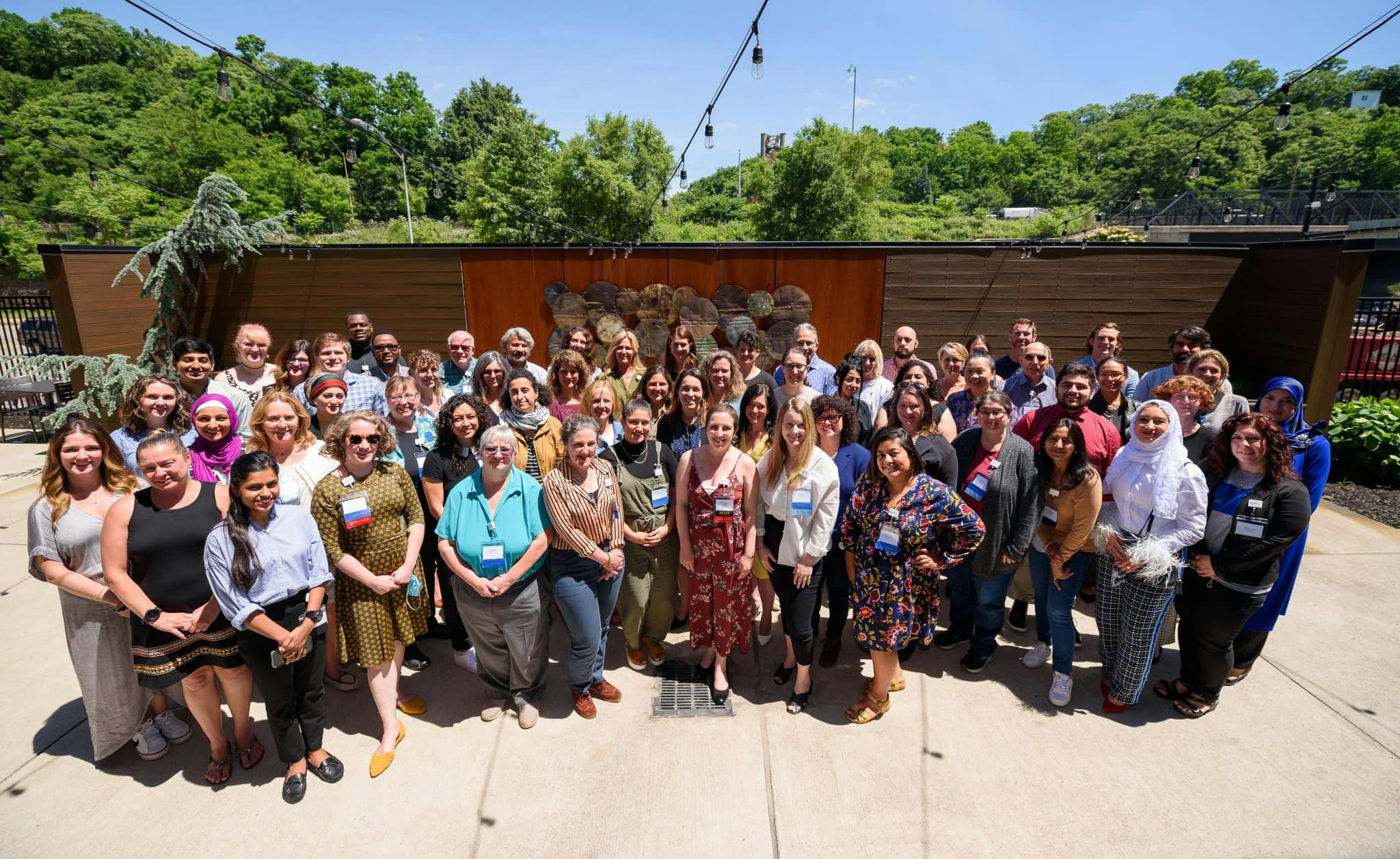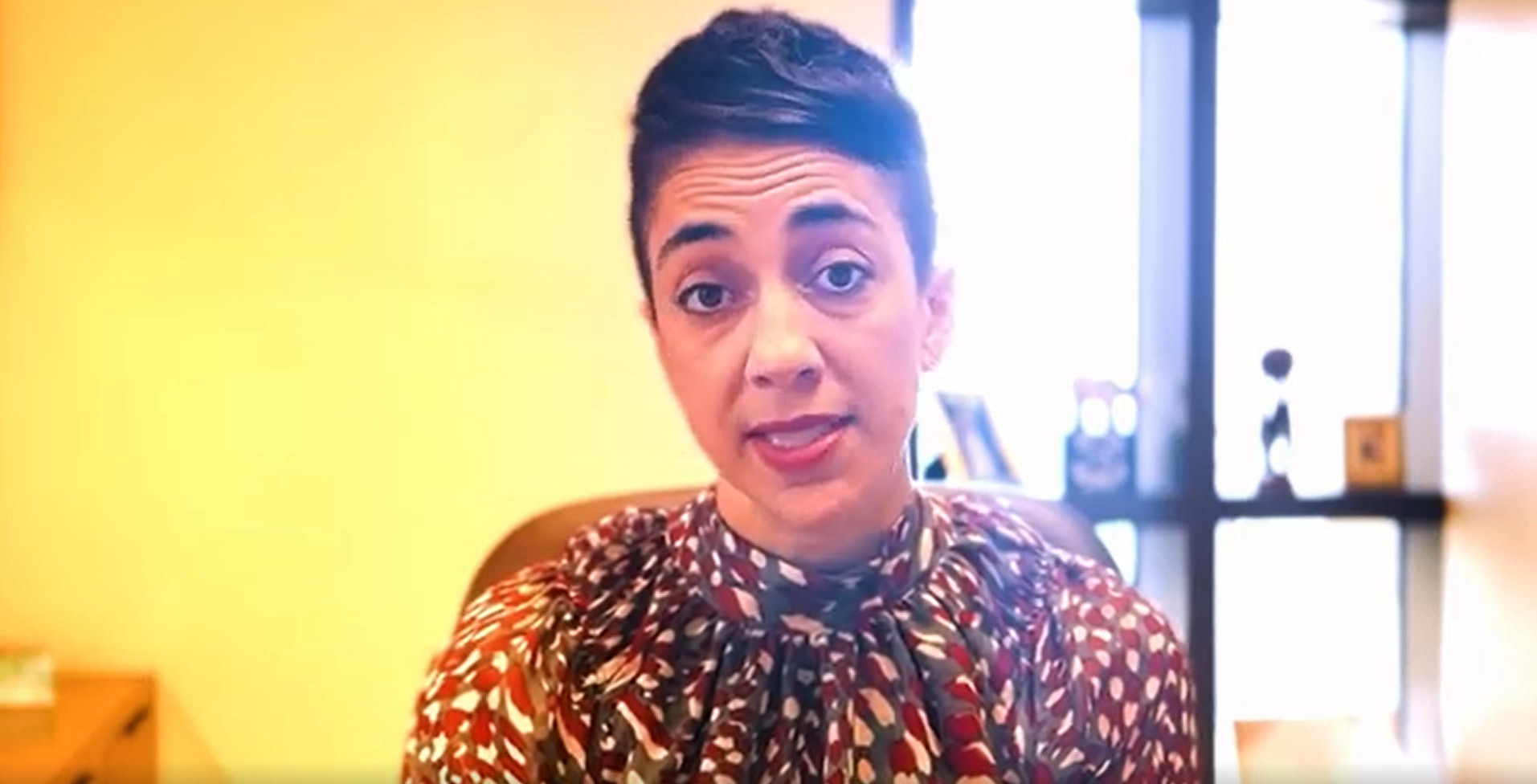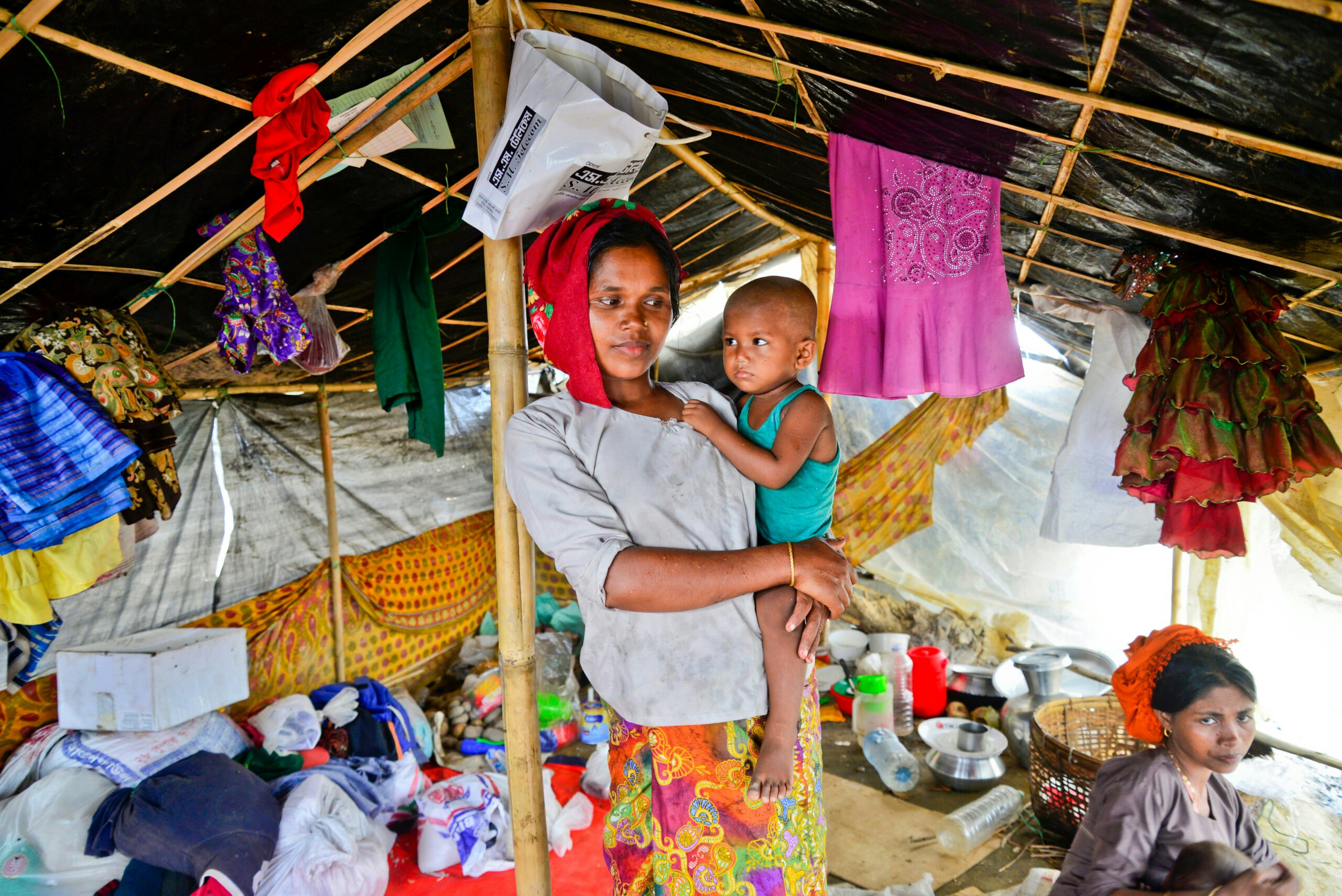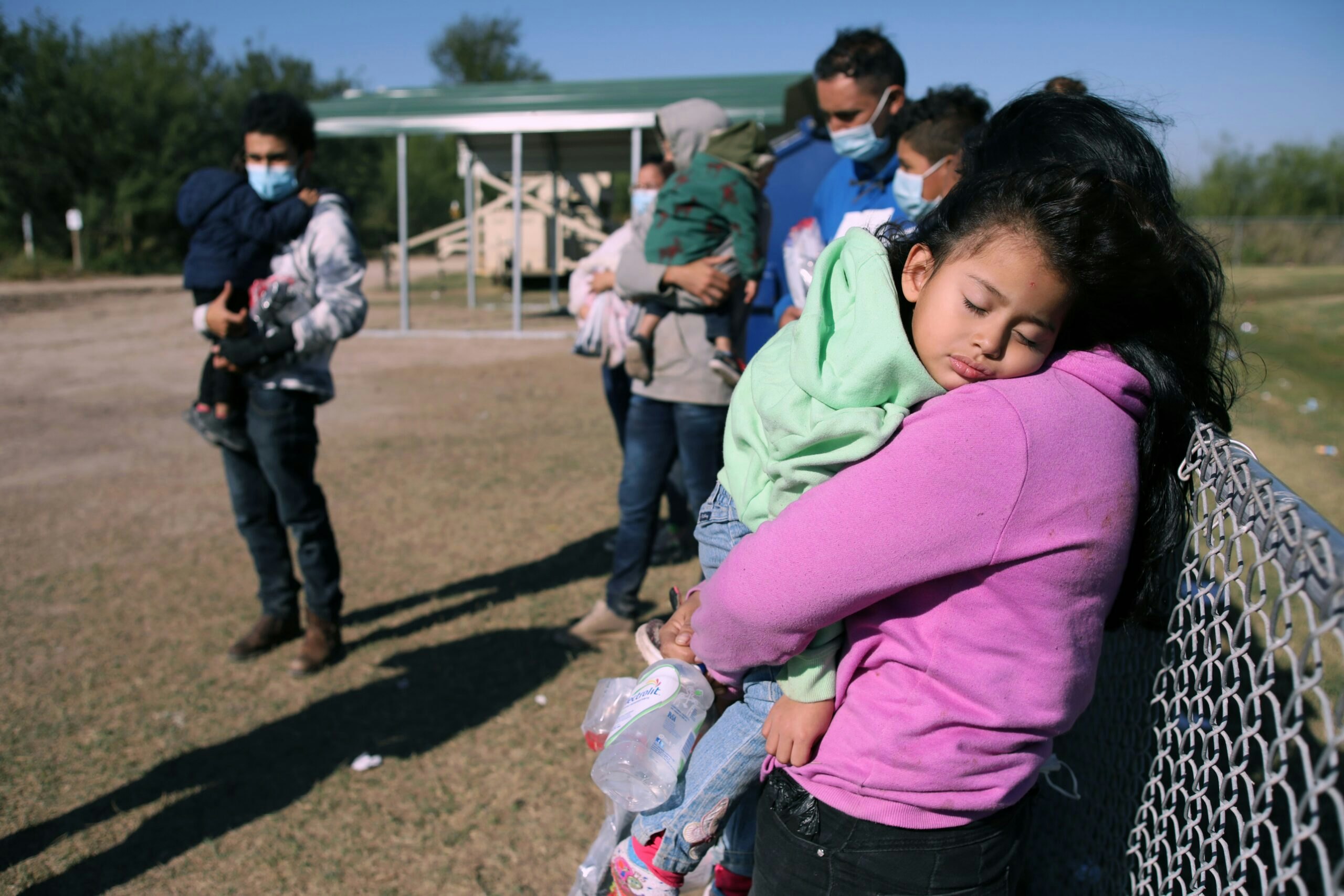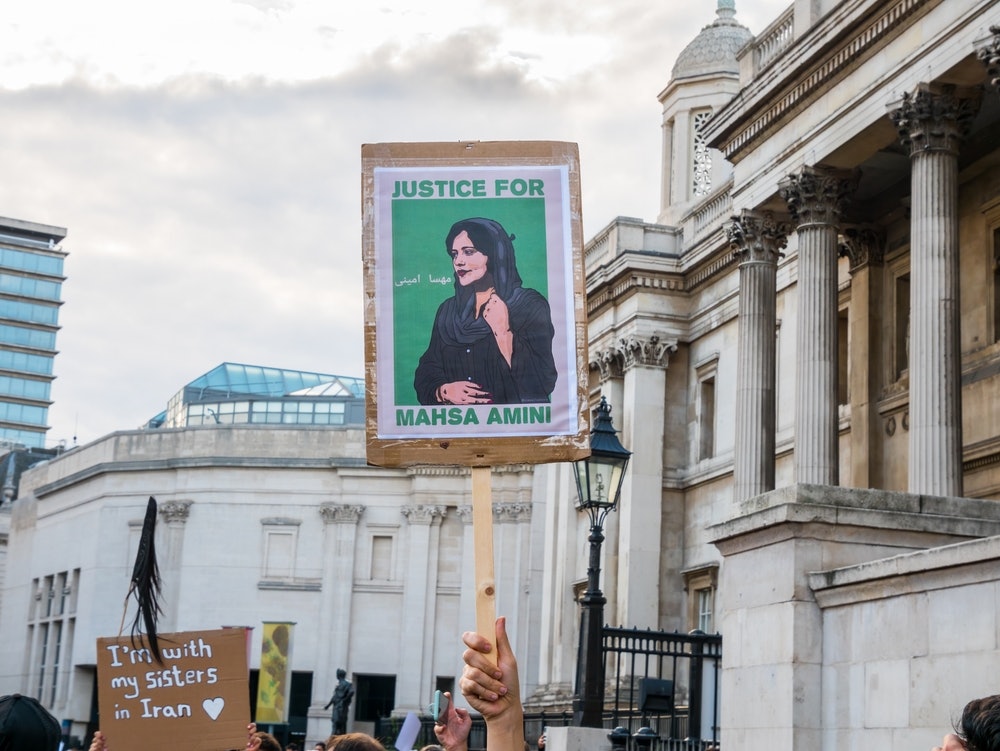Despite legal protections, many Afghan women continue to face significant cultural and social barriers to justice when their rights are violated;...
Despite legal protections, many Afghan women continue to face significant cultural and social barriers to justice when their rights are violated; and many crimes against women and girls continue with complete impunity. Last week, the UN Assistance Mission in Afghanistan published a report stating that implementation of laws protecting women were “slow and uneven.” In 2013, registration of reported incidents – forced marriage, domestic violence and rape – increased 28 percent in 16 provinces over 2012 data, but indictment for such crimes only increased by 2 percent. Women, increasingly aware of their right to justice, are coming forward to report abuses and violations of their rights, but very few of them receive justice.
Global Rights – Champion of Women’s Access to Justice
While the news might seem bleak, there are many activists and organizations working hard to improve justice for women in Afghanistan. Shortly after the fall of the Taliban in 2001, Global Rights began its critical work to strengthen local understanding and practice of human rights law and train legal professionals to effectively engage the justice system. Working side by side with local activists and partners, Global Rights provides important skills and tools required to raise the voice of women and strengthen the rule of law in one of the most difficult places to be a woman.
Young Lawyers-in-Training
Through its Young Lawyers-in-Training Program, Global Rights provides intensive training in Afghan civil, criminal and international human rights law for students in the law and Shar’ia faculties at Kabul, Al-Biruni, Nangarhar, Herat, and Mazar universities.
Young Lawyers-in-Training courses are open to male and female students in their fourth year of legal studies, and teach students the important skills and procedures necessary to successful advocacy and legal work within Afghanistan’s justice system. Site visits to appeals courts and justice ministries expose students to important procedures within the Afghanistan justice system, and mock investigations and trial proceedings allow them to practice critical legal skills before entering the legal profession. To date, more than 2,200 students have completed Global Rights courses before pursuing their legal careers.
Heder, a 25-year old student of the law faculty in Kabul, decided to study law in order to become a criminal prosecutor who will fight impunity of criminals in Afghanistan and help “implement the laws of Afghanistan 100 percent.” Hader enrolled in Global Rights’ courses in order to gain skills specific to criminal law that were not available through his university coursework. “Since I have participated in this class, I have learned [many] things – how to arrest a suspect, how to tell him or her about her right to be silent, to take a defense lawyer, and more,” he says. He remarks that participation in the course increased his ability and confidence to solve problems, to write petitions, and to inform the police about injustices in his community. “We are working very hard,” Hader says. “We understand and know our rights. We are studying and have learned a lot about criminal and civil issues.”
Miriam, a female student of the Shar’ia faculty at Kabul University, adds that Global Rights’ practical studies have better prepared her to enter the workforce. “Now I know the practical issues as well [as the theoretical ones],” she says. Miriam entered the Shar’ia faculty in order to understand Islamic law that informs the justice system of Afghanistan. Because she desires to become a judge, she says, “I want to make sure that every law and every right [exists] for the people of Afghanistan, especially for women.”
Global Rights Legal Fellowship Program
Standout students from the Young Lawyers-in-Training program are invited to apply for an advanced Legal Fellowship Program. Global Rights places these promising young Law and Shar’ia graduates in Afghanistan’s formal justice sector and in local human rights and justice-focused organizations. To date, nearly 250 legal fellows have put their legal and advocacy skills to work in government ministries and partner organizations.
Sayed, a top student of the Shar’ia faculty of al-Beroni University, serves as a Legal Fellow within the Elimination of Violence Against Women Division of the Attorney General’s office. When division management saw his special understanding of legal procedures, Sayed was transferred quickly from administrative work to the investigation team, where he investigates crimes against women – murder, suicide, and other cases of grievous bodily harm. Sayed tells of his special work ensuring justice for policewomen who have suffered violence at the hands of their families and colleagues. “Many policewomen are abused by their male colleagues, but they suffer in silence,” he says. His unique position as a Global Rights fellow, independent from the Ministry of Interior, allows him to work these sensitive cases.
When asked why an Afghan man has prioritized working on issues of violence against women, Sayed responds, “Violence against women is a human rights violation and, as a person, lawyer and protector of human rights, I see it as a duty to ensure that the law protects the victims and that they have access to justice.” Sayed also considers his work a religious duty. “Islam has put forward both prevention as well as remedies for violence against women. I know that in our patriarchal society, there are people who either overlook or condone violence against women, but these are all pre-Islamic customs. It is imperative in our legal awareness work, that we make people realize that violence against women is actually un-Islamic and has no place in a just and Islamic society.”
Legal Advice Bureaus
In addition to training legal professionals in Afghanistan, Global Rights funds Legal Advice Bureaus (LABs) to provide information, advice, and legal representation to the most marginalized Afghan citizens. Global Rights’ LABs serve women in Kabul, Herat, Nangarhar and Balkh family courts. Of those seeking legal support at Global Rights’ LABs, 85 percent are women. Since 2010, 3,200 women have received legal advice in LABs, and from 2011 to 2012, LAB members represented over 500 Afghan women in family courts.
Madina is a young, energetic defense lawyer who works at a Global Rights LAB-run by partner NGO Justice for All. A graduate of the Young Lawyers-in-Training program and the Legal Fellowship at Global Rights, Madina considers it a privilege to work on behalf of women seeking justice in the local courts. “Through this work, I have provided hundreds of women who come to the LAB seeking advice on family matters, and I have assisted them to develop the case for the family court.”
One such case involved a woman who desired to separate from her husband because he had abandoned her and was not providing any child support. Madina helped her make a formal complaint to the Family Court. Madina represented the woman and argued her case in court, calling witnesses and answering questions from the judge. The request for divorce was granted. The case was fraught with interference from the husband’s family – death threats to the woman and the judges involved. However, Medina continues to support her and will represent her through all levels of appeals.
Susan Farnsworth, Executive Director of Global Rights, emphasizes the importance of these types of services in Afghanistan, which provide critical access to legal justice for those who are usually excluded. “The bureaus enable women to approach the justice system with questions, concerns and bring cases defending their rights – a rare opportunity in Afghanistan,” she says. Together, Global Rights’ strategic efforts in Afghanistan – Young Lawyers-in-Training, Legal Fellowships, and LABs — have strengthened the justice system and have contributed to a future where the rights of Afghan women are protected by the rule of law and promoted by Afghan lawyers, both male and female.














